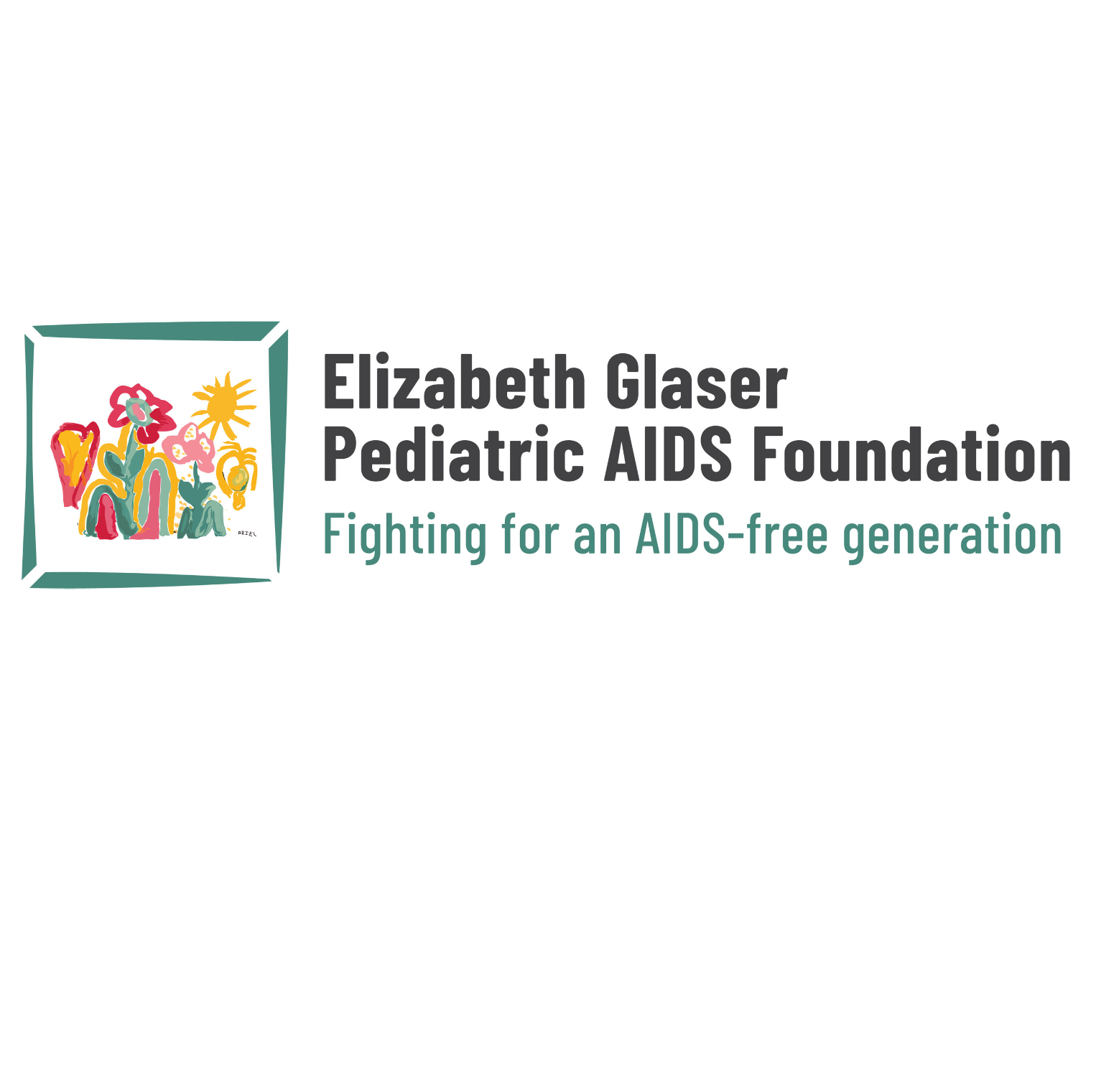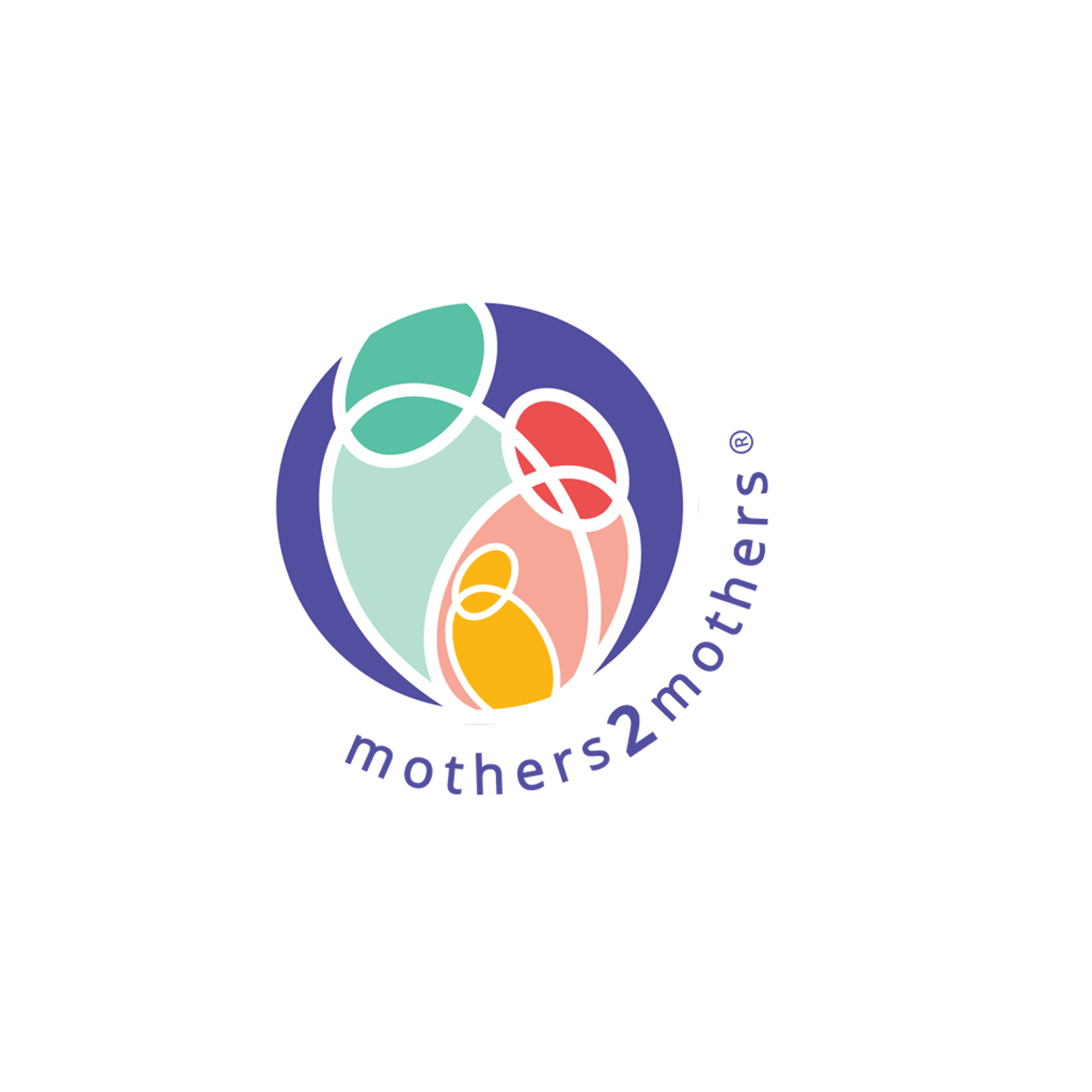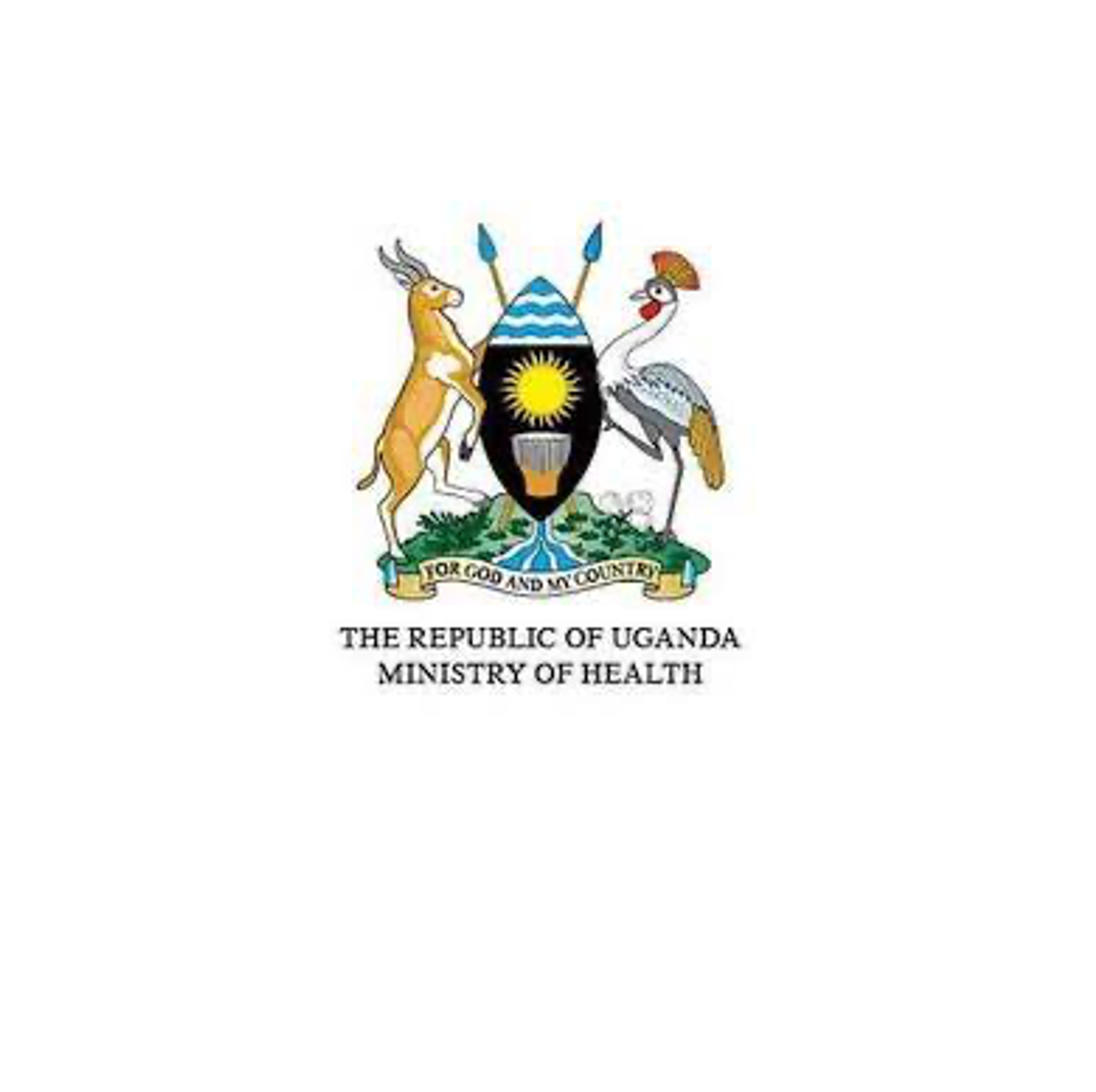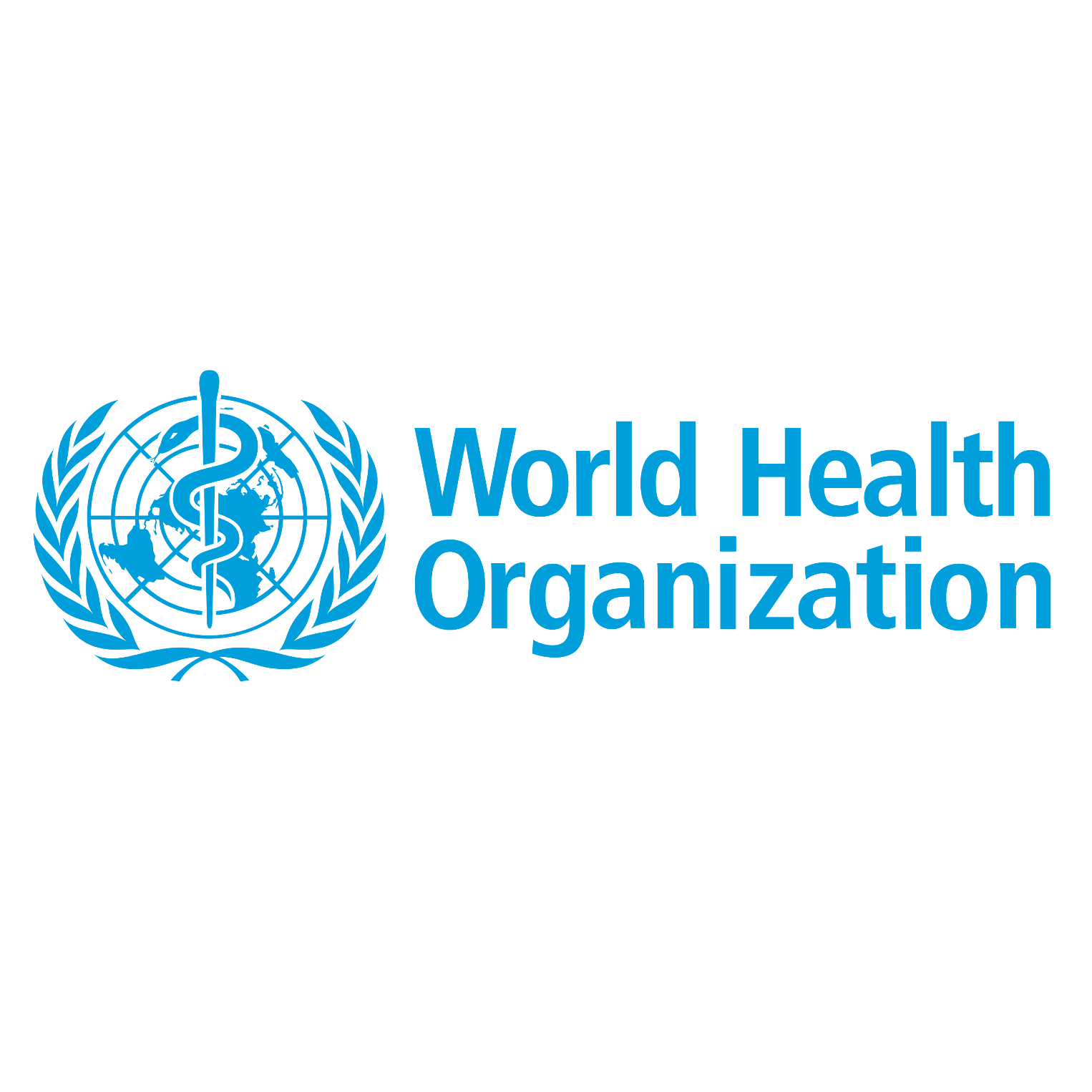Episode 5 – Treatment Made Easier: The promise of multi-month dispensing
Episode 5, the final episode of this season of HIV Reimagined, zooms in on a service delivery approach that was scaled-up in many regions during the COVID-19 pandemic and has demonstrated impact in decreasing health care costs, reducing barriers to treatment access, and improving health outcomes: multi-month dispensing.
With the multi-month dispensing – or MMD – approach, health care providers dispense medications to clients for an extended period, typically three or six months rather than the conventional one-month supply. In this episode, host Dr. Shaffiq Essajee (Senior HIV Advisor, UNICEF) speaks to a service user, health care workers, a peer educator, programme planners, and a government representative about the implementation of MMD, and the challenges and opportunities presented by this approach.
For studio guest Dr. Nathan Ford, scientific officer leading HIV service delivery at the World Health Organisation, MMD is about empowering people, allowing them to access the needed treatment more conveniently. In this episode, he traces the evolution of MMD from an innovative pilot programme in Mozambique led by Médecins Sans Frontières to the acceptance of the model by the scientific community, its addition to WHO guidelines, and expanded recommendations for implementation for children, adolescents, and pregnant and breastfeeding women living with HIV.
Studio guest Dr. Lydia Mpango discuss how the restrictions added by the COVID-19 pandemic led to scaling up the roll-out of MMD in Eswatini. MMD was adopted in the country over a decade ago with a focus on adults and then expanding to older children; in the last few years, the approach has further expanded to include younger children, and pregnant and breastfeeding women. Dr. Mpango is a clinician as well as the senior clinical services advisor for care and treatment for the Elizabeth Glaser Pediatric AIDS Foundation (EGPAF)'s ASPIRE Project, which provides technical assistance to the National AIDS Program in Eswatini on paediatric and adult care, treatment, and support.
In many countries, the MMD service delivery approach gained speed during the COVID-19 pandemic when lockdown policies prevented people from traveling to clinics. New policies and programs helped scale-up the implementation of MMD models, and expanded guidance to relieve the heightened burden on health care systems and facilitate treatment continuity.
Features
Paballo ‘Mota, a service user, with Sister Motekoa Monaheng, EGPAF HIV clinical nurse
Paballo, a young mother from Lesotho, shares her experiences in accessing treatment with MMD compared to the previous approach of picking up a one-month dose at a time. She cites the long and difficult transport to the clinic as a barrier each month. With MMD, not only does she have to travel to the clinic less but also spends less time waiting to see a provider at the clinic. Sister Motekoa Monaheng, an HIV clinical nurse in Lesotho, adds that because fewer clients have to attend the clinic each day, providers have more time to attend to each client. In their experience, MMD has helped retain patients more by reducing wait times, frequency of traveling to the clinics, and associated expenses.
Makaletso, mentor mother at mothers2mothers
Makeletso works with mothers2mothers as an HIV testing services mentor, providing HIV and syphilis counseling and testing services in her community. She is a mother and service user who has seen firsthand the impact of MMD in her community. Makeletso describes the long lines and wait times at the clinics before MMD was rolled out, which was difficult for both health care providers and patients. As a mentor mother, she highlighted efforts like phone outreach that connect clients to the care they need in between appointments and ensure other services, such as blood tests, are not missed even as the frequency of clinic visits are reduced.
Dr. Arinatiwe Ivan, Senior Programme Officer, AIDS Control Programme, Ministry of Health, Uganda
Dr. Arinatiwe Ivan is the national coordinator for differentiated service delivery within the Ministry of Health in Uganda. He explains how the expansion of MMD during the COVID-19 pandemic and restrictions in movement were especially useful to some populations, such as young people and adult men who were less likely to seek frequent refills at the clinics. Viral load suppression and retention in treatment improved among these groups. He also emphasizes the importance of trainings and mentorship for health workers as well as the effective monitoring of stocks to facilitate the roll-out of MMD.
All of the speakers in this episode highlight how multi-month prescriptions help both patients and health systems – a seemingly small change in service delivery improves the workload and wait times at clinics, eases the burden on individuals to refill prescriptions, and aligns with broader efforts for decentralised, patient-centred care.
For improvement and expansion, the episode touches on strengthening supply chains and ensuring stock availability to make MMD possible for more individuals. There is also the potential to expand MMD to other disease areas, including common co-morbidities for people living with HIV.
What would you like to see done differently? How is MMD being used for more types of treatments and what can be done to improve this service delivery approach? Share your feedback and comments with childrenandaids@unicef.org.



